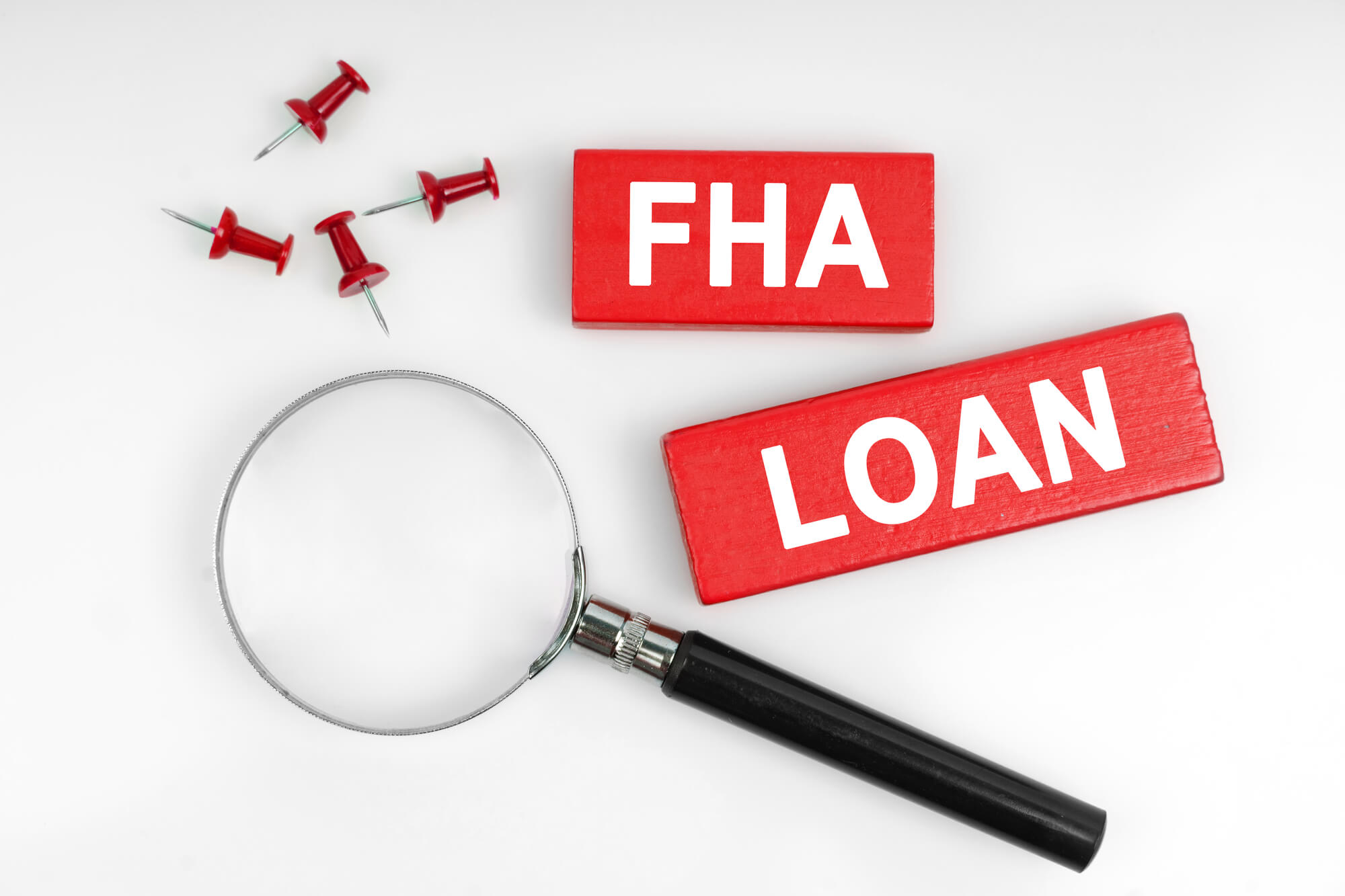Purchasing your first house? An FHA loan might be the best choice to finance your new home. They are a fantastic option for first-time home owners or those with limited savings or credit issues. You can find it easier to get a FHA loan than a conventional loan because of its lenient qualification requirements. If you’re still contemplating your loan options, keep reading to discover more about FHA loan limits and whether they’re a good fit for you.
What is a FHA loan?
It is a mortgage that is guaranteed by the Federal Housing Administration (FHA), which permits minimal borrower qualifications compared to the standard loans. They are extremely popular among first-time homeowners as the down payment is as little as 3.5%, whereas some mortgage loans demand 20%–30%.
FHA Loan Limits
FHA loans have restrictions on how much you can borrow to purchase a home. They are based on a portion of the conforming loan limits that the Federal Housing Finance Agency (FHFA) sets each year. FHA loans are dependent on your location, the type of property you’re buying, and the prices of local properties. There are varying limits for one-unit, two-unit, three-unit, and four-unit homes. Every year, new FHA loan limits are imposed, taking effect on January 1. The FHA loan limits for this year range from $472,030 to $1,089,300.
What Factors Influence FHA Loan Limits?
FHA loan limits in your location are influenced by three factors:
- The county in which you live: The FHA determines limits based on counties and Metropolitan Statistical Areas (MSAs), hence the maximum FHA loan amount might vary significantly from state to state.
- The number of units on your house: The FHA allows you to borrow more money to purchase a multifamily house than a one family home.
- The median property prices for the last four quarters: The FHA examines the median costs in each state to determine if a county is regarded as low-cost or high-cost.
What is the Maximum FHA Loan Amount You Can Qualify For?
An FHA-approved lender will analyze your loan application to determine whether you fulfill the minimum mortgage criteria for an FHA loan, which is more flexible than traditional loans. The following are the basic qualifying conditions for an FHA loan:
- Credit score and down payment: You need to pay a down payment of 3.5% for a credit score of 580. But some lenders may accept credit scores as low as 500 with a down payment of 10%.
- Income and job history: An FHA loan typically requires at least two-year solid employment and income history.
- DTI ratio: Your debt-to-income ratio is calculated by dividing your monthly debt by your pre-tax income. Typically, lenders will approve a maximum of 43%; however, exceptions may be made.
- Occupancy: FHA-financed homes must be your principal residences.
- Home evaluation: FHA appraisers determine the worth of your home as well as whether it fulfills FHA appraisal rules for safety and habitability.
Purchasing your first house can be a challenging experience. Get in touch with us right away if you want help with it!

